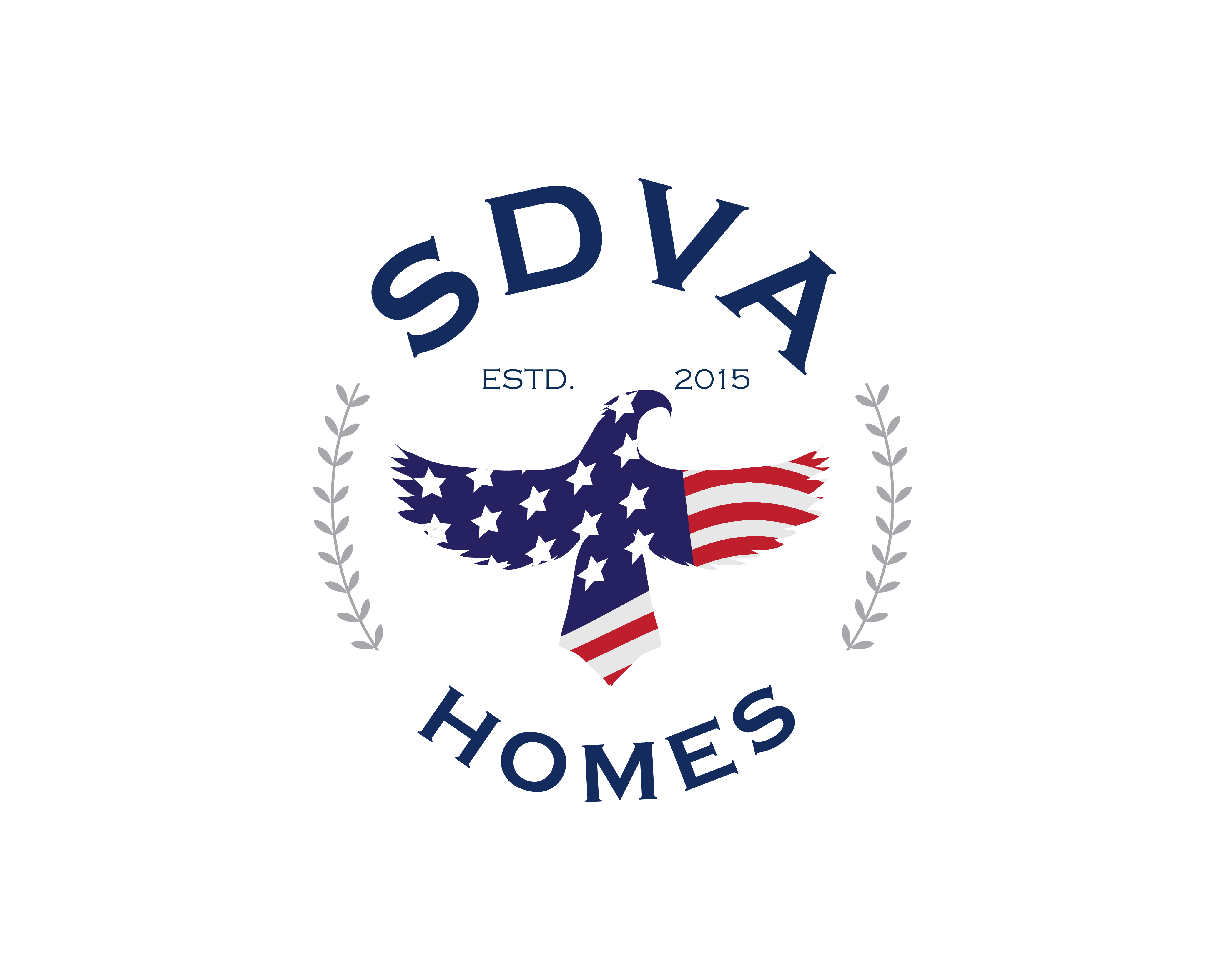Home Equity Lines of Credit (HELOC)
A home equity line of credit (HELOC) is not a mortgage loan at all. Instead, it’s a bank or financial institution’s line of credit, with your home equity as security.
While it will not affect your home loan length or rate, it will result in a second lien on your property. Unlike home equity loans and cash-out refinances, a HELOC does not need a lump sum payment at closing. Instead, you utilize your line of credit like you would a credit card.
A home equity line of credit often has fewer closing fees than a refinancing. HELOCs typically have two phases: a draw time during which you can access the equity in your house, and a payback term. These phases often extend between 15 and 30 years.
HELOC rates are frequently flexible, making it difficult to budget for payments in the long run. Once the payback term begins, you can no longer utilize the line of credit, and your payments (principal and interest) are calculated based on your outstanding sum.
Some homeowners utilize HELOCs to pay long-term home improvement projects, which may be a beneficial investment if they increase the value of their house. In a serious financial emergency, a HELOC may be a better alternative than higher-interest credit accounts.
As you look at borrowing against your home’s equity, consider how you intend to spend the money. If you want to receive a lump amount after closing, a VA Cash-Out refinancing may be a good option.
Bottom line, talking with a reputable professional about your alternatives might be beneficial. When you’re ready to take the next step, an expert loan officer can help you choose which product is most suited to your individual circumstances.




